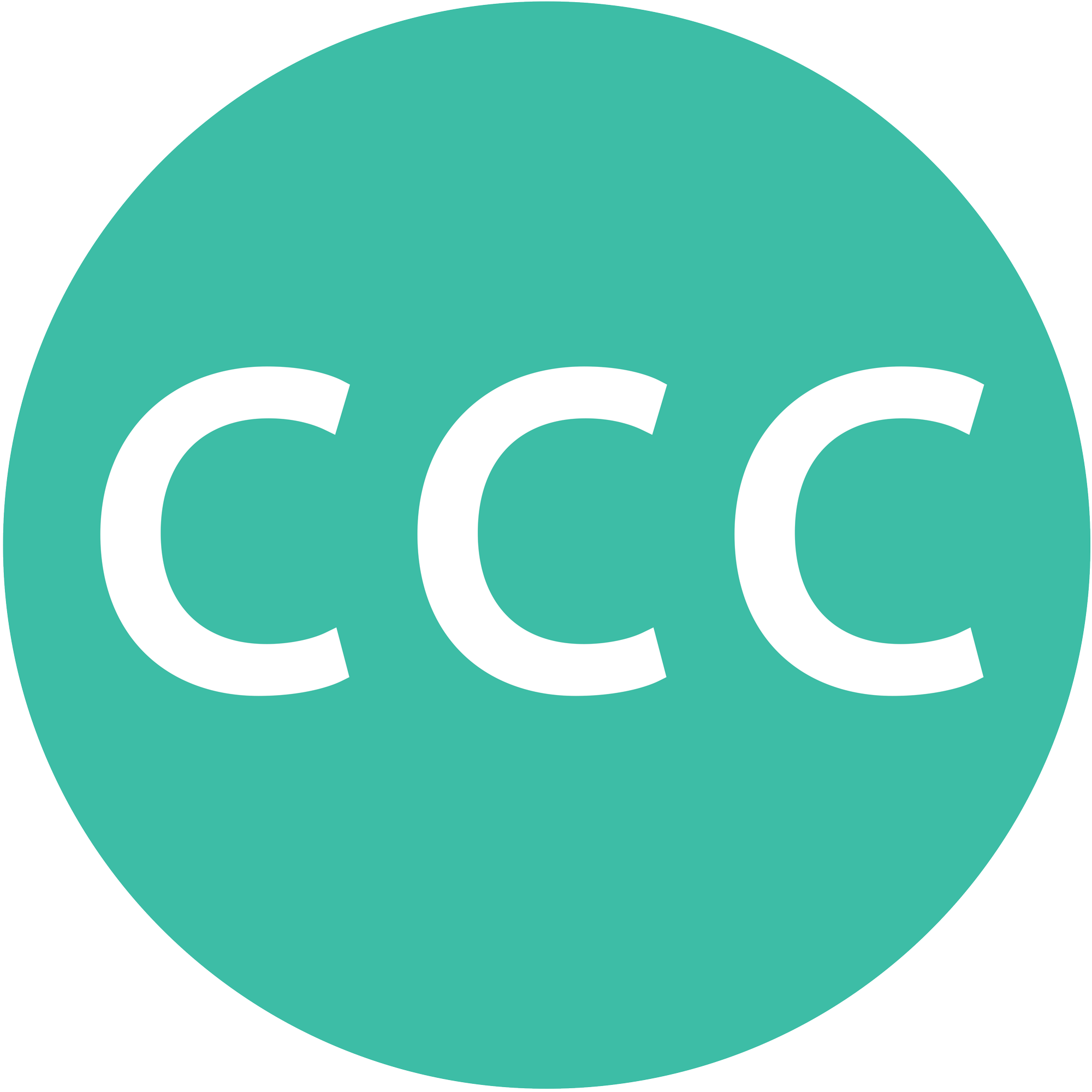Have you been reading the newspaper? What a month! I’m writing this letter on July 27, the one-month anniversary of the Presidential Debate, and I’m asking myself: When was the last time we’ve experienced thirty days like the last thirty?! The debate; the withdrawal pressure; Republican convention; JD Vance; the withdrawal; the Kamala anointment; the ear shot!
Reuters reported: “Last month was the hottest June on record, the EU’s climate change monitoring service said, continuing a streak of exceptional temperatures that some scientists said puts 2024 on track to be the world’s hottest recorded year. What happened to the good Lord’s air conditioner?!
NPR reported: More than 110 active fires covering 2,800 square miles (7,250 square kilometers) were burning in the U.S. on [July 26], according to the National Interagency Fire Center. Some were caused by the weather, with climate change increasing the frequency of lightning strikes as the region endures record heat and bone-dry conditions.
According to Gun Violence Archive: in the last 30 days there have been 57 mass shootings in the U.S., killing 57, injuring 280.
And if you want to learn about all the disasters that aren’t making headlines, see the Center for Disaster Philanthropy’s website (spoiler alert: it is pretty depressing).
Against this backdrop, it is important to focus on the positive.
The ultra-rich–and ultra-rich foundations–got richer, as the stock market (S&P) climbed again, generating year-to-date gains in excess of 15%, resulting in 10-year compounded rates of return of nearly 13%! But if reports about philanthropic giving are any indication, they are holding onto all that money.
The Crisis Charitable Commitment (CCC) celebrated its 4th anniversary this past Bastille Day, July 14. It was launched to give teeth to vague calls for philanthropists to give more in response to the Covid crisis by creating a benchmark for giving, and to acknowledge those philanthropic leaders (now 108) who were meeting or exceeding the benchmark. Today we are relaunching our website and redoubling our efforts to enlist more philanthropic leaders who recognize that “it is better to give than to hoard.”
The website refresh provides more facts and opinions and makes it easier for philanthropists to sign up. When we add women’s civil rights, racial justice, wealth inequality and more to the bad-news list above, it is obvious that there are compelling needs to give more. In fact, we are now the Crises–no longer Crisis–Charitable Commitment. And now, as a project of the Excessive Wealth Disorder Institute, we are more actively engaged in legislative charitable reform efforts.
In thinking about our anniversary, I went into the files to pull a representative set of articles that help tell our story. Paul Vallely wrote in the Chronicle of Philanthropy: “Philanthropy has three vital functions. It can support the kind of higher-risk research and innovation generally avoided by government and business. It can plug gaps left by market failure and government incompetence. And it can fund the nonprofits that mediate between the individual, the market, and the state. It needs greater self-awareness of the dangers that come from favoring causes that reflect the interests of the wealthy. It needs to be more open and transparent and revamp its own governance so that it reflects the social, ethnic, and gender balance of the communities it seeks to serve. And it needs to more directly address economic inequality.”
Julie Exline and Peter C. Hill wrote in The Journal of Positive Psychology: “Across all three studies, the role of humility was not better explained by the Big Five, self-esteem, entitlement, religiosity, gratitude, or social desirability. These studies complement prior work by demonstrating that the link between humility and generosity is both consistent and robust.”
Christopher Bergland wrote in Psychology Today: “research shows that small acts of generous behavior cause the brain of the person giving to light up with a “warm glow” marked by increased levels of happiness. The brain imaging data also showed that Scrooge-ish people— who acted solely out of self-interest—were less happy.”
I came across a New Yorker cartoon in which a wealthy client says to his image consultant, “so you’re saying that just a little bit of giving will distract from our relentless taking?”
And Anand Giridharadas hit on the root of the philanthropic problem–excessive wealth–when he succinctly made the case for wealth taxes: “Taxes are just like the philanthropy you already do– except you don’t get your name on the building, you don’t choose what it’s spent on, it’s not optional, and your nephew can’t be on the board.” Unfortunately, many of the ultra-rich are doing neither: neither doing their fair share of philanthropy nor paying their fair share of taxes. I hope with your help we can change that.
